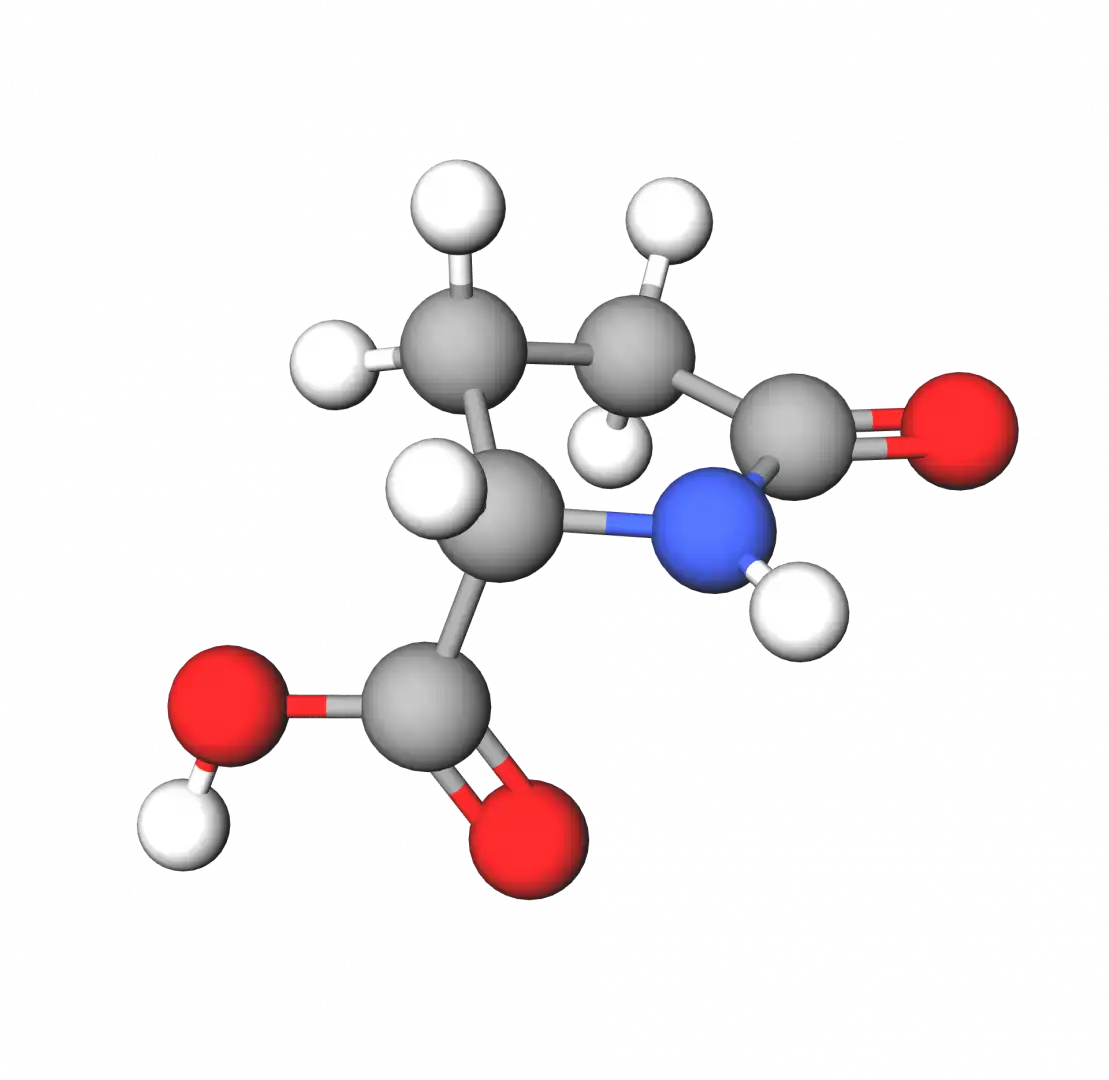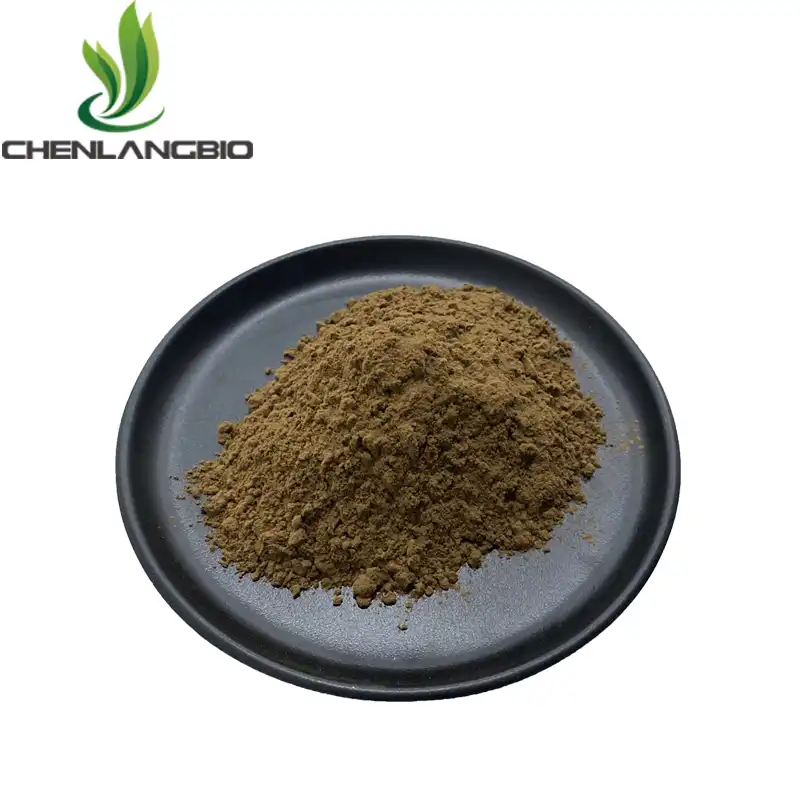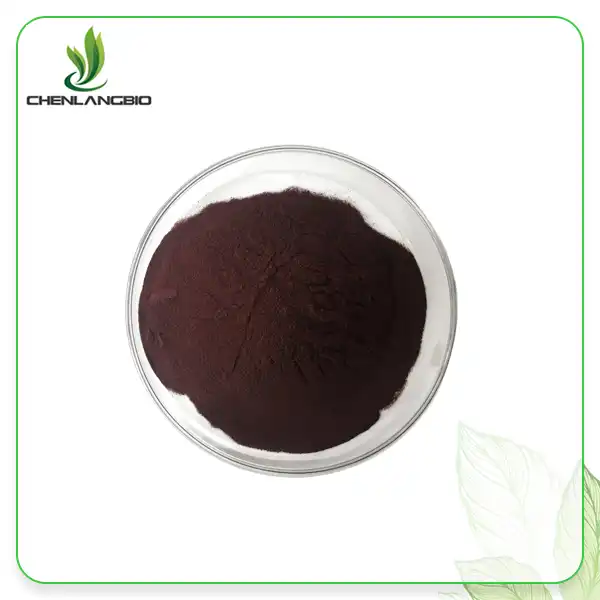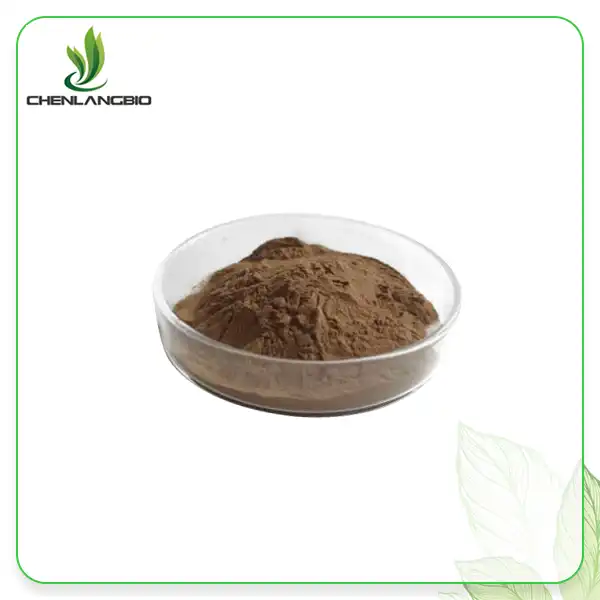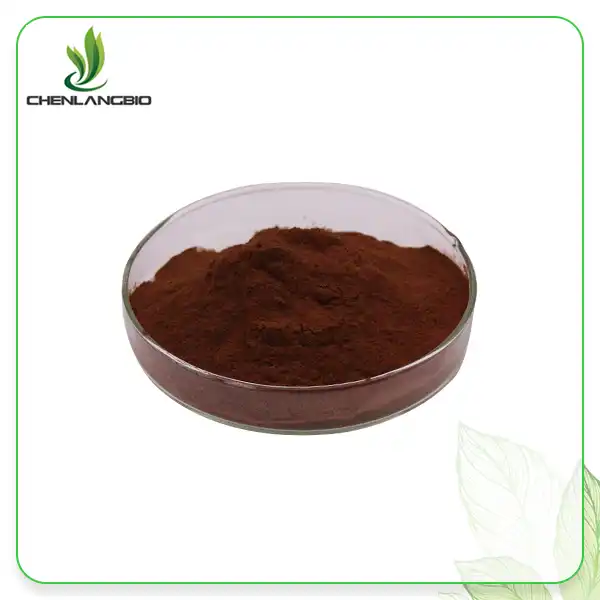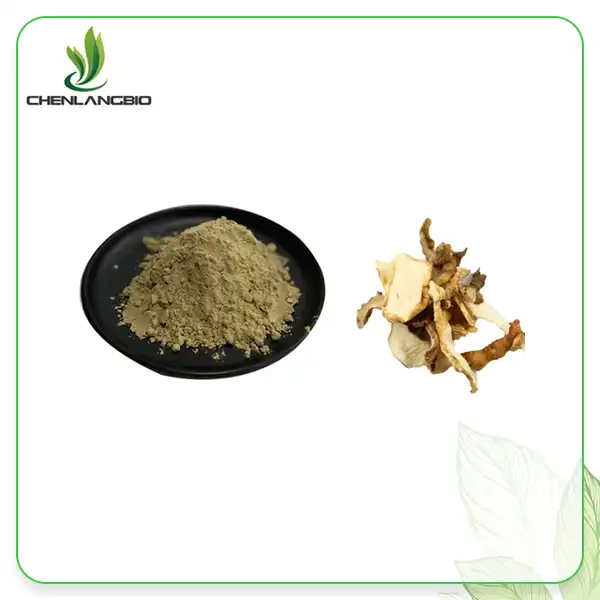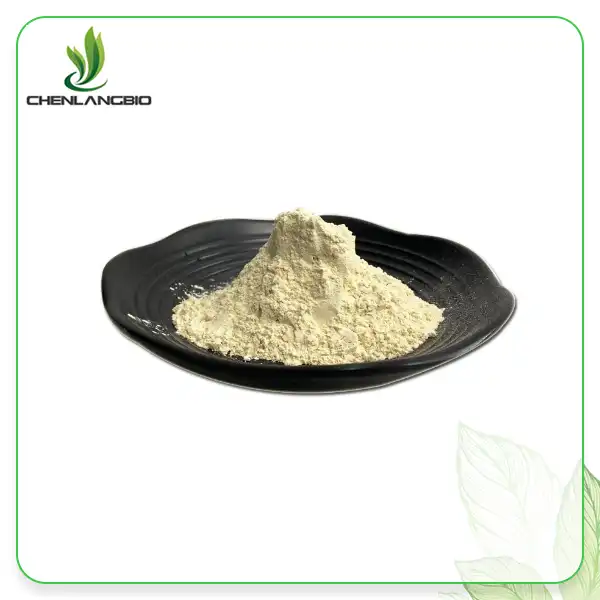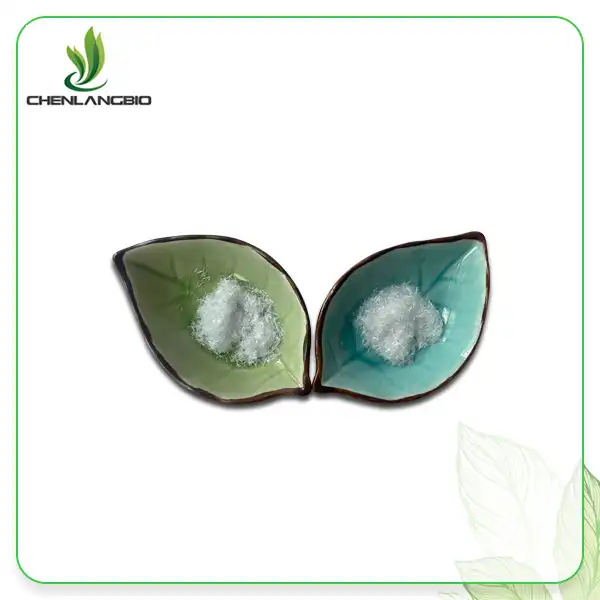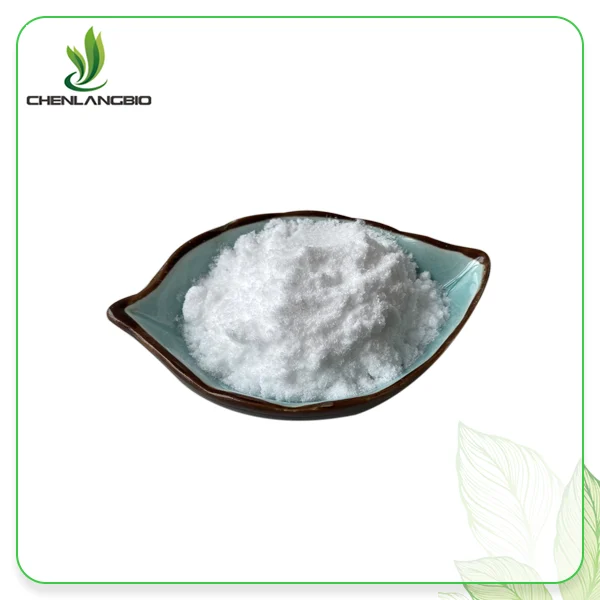What is the Difference Between Copper PCA and Copper Peptides
2024-06-24 09:50:09
Due to its advantageous qualities, copper PCA and copper peptides are two widely used components in skincare and haircare products. Even though they are both copper-containing, they have different uses and advantages. We will examine the distinctions between copper peptides and copper PCA in this blog post, along with providing answers to some of the most common queries regarding these substances.
How Do Copper PCA and Copper Peptides Differ in Structure
Although copper is the source of both copper PCA and copper peptides, their molecular structures differ, affecting how they work and are used in skincare and haircare products.
Copper PCA Structure
Pyrrolidone carboxylic acid, or the product, is the copper salt of the aforementioned compound. Because of its composition, it is readily absorbed by the skin, where it may work its healing magic. Which is well-known for its capacity to control sebum production, function as an antiseptic, and improve skin moisture. Because of its structure, it is a stable chemical that works well in a variety of skincare and haircare products.
Copper Peptides Structure
Conversely, copper peptides are made up of copper ions attached to peptides, which are little pieces of protein. In the world of cosmetics, GHK-Cu (glycyl-L-histidyl-L-lysine) is the most well-known copper peptide. These peptides work as signaling molecules, interacting with cells to carry out particular tasks including encouraging the synthesis of collagen and the healing of wounds. since of their peptide structure, copper peptides are very effective in anti-aging and skin restoration therapies since they allow for focused action.
Structural Implications on Function
Different functions are produced by the structural variations between it and copper peptides. Broad-spectrum advantages, like as hydration, antibacterial qualities, and sebum management, are made possible by the salt form of it. Conversely, copper peptides are particularly effective in promoting cellular processes like collagen formation and skin regeneration due to their signaling properties. Knowing these structural differences aids in choosing the right component for a given set of skincare or haircare requirements.
What Are the Skincare Benefits of Copper PCA and Copper Peptides
Copper peptides and PCA both target distinct facets of skin health and attractiveness, yet they both have important skincare advantages.
Anti-Aging Effects
Copper peptides and copper PCA each possess distinct anti-aging mechanisms. By stimulating the production of collagen and elastin, which keeps the skin firm and supple. The skin is shielded from damage caused by free radicals thanks to its antioxidant properties, which delay the appearance of wrinkles and fine lines.
It is widely known that GHK-Cu and other copper peptides, specifically, can advance the union of collagen and elastin. Additionally, they encourage the production of glycosaminoglycans, which aid in moisture retention and improve skin texture. The peptides also make it easier for the skin to heal, making scarring and hyperpigmentation look less obvious.
Skin Healing and Repair
It aids in skin healing by promoting the production of new skin cells and accelerating tissue regeneration. Its anti-inflammatory properties help reduce redness and swelling, supporting faster recovery of damaged skin. This makes beneficial for treating wounds, scars, and other skin injuries.
Copper peptides are highly effective in wound healing and skin repair. They facilitate the regeneration of damaged tissues and improve the overall health of the skin. By activating various growth factors, copper peptides speed up the healing process and reduce the risk of infection and scarring. Their ability to enhance skin barrier function also aids in long-term skin health and resilience.
Hydration and Moisture Retention
Because it improves the skin's capacity to hold moisture, it's an excellent way to keep skin hydrated. It keeps the skin moisturized and plump by bolstering its natural moisture-resisting barrier. For this reason, it is a great complement to moisturizers and hydration serums.
By encouraging the production of glycosaminoglycans like hyaluronic acid, which are essential for preserving the skin's moisture content, copper peptides also aid in hydrating the skin. Improved skin elasticity, texture, and general hydration are the outcomes of this.
How Do Copper PCA and Copper Peptides Benefit Hair Health
Both copper PCA and copper peptides can improve hair health, but they do so through different mechanisms and offer unique benefits.
Strengthening Hair Follicles
Which helps strengthen hair follicles by promoting collagen and elastin production within the scalp. This enhances the structural integrity of hair follicles, reducing hair breakage and improving overall hair strength. Stronger hair follicles lead to healthier, more resilient hair that is less prone to damage and thinning.
Copper peptides, particularly GHK-Cu, also strengthen hair follicles by stimulating the production of proteins that support hair structure. They can help increase the size of hair follicles, leading to thicker and stronger hair strands. Copper peptides' ability to improve blood circulation in the scalp further supports hair health and growth.
Promoting Hair Growth
It is stimulates hair growth by enhancing blood circulation to the scalp. Improved blood flow ensures that hair follicles receive adequate nutrients and oxygen, which are essential for healthy hair growth. This stimulation helps in achieving thicker, fuller hair.
Copper peptides are known for their ability to prolong the anagen (growth) phase of the hair cycle, resulting in increased hair growth. They also reduce inflammation in the scalp, creating a healthier environment for hair growth. The peptides’ role in reducing DHT (dihydrotestosterone) levels, a hormone associated with hair loss, further supports their effectiveness in promoting hair growth.
Enhancing Hair Shine and Texture
Which improves the overall texture and shine of hair by maintaining proper hydration levels. It prevents dryness and brittleness, resulting in smoother and shinier hair. The conditioning effects of it leave the hair feeling soft and manageable, enhancing its natural luster.
Copper peptides enhance hair texture and shine by promoting healthy hair growth and reducing scalp inflammation. Their ability to improve the structural integrity of hair follicles leads to smoother and more lustrous hair. Regular use of products containing copper peptides can result in healthier and more vibrant hair.
Are There Any Side Effects or Precautions When Using Copper PCA and Copper Peptides
While both this product and copper peptides are generally safe, it is important to be aware of potential side effects and precautions associated with their use.
Possible Side Effects
Which is considered safe for most individuals when used in appropriate concentrations. However, some people may experience mild side effects such as skin irritation or allergic reactions. These side effects are usually rare and can be minimized by performing a patch test before using products containing it. If any adverse reactions occur, it is advisable to discontinue use and consult a dermatologist.
Copper peptides are also safe for most users, but they can cause skin irritation or allergic reactions in some individuals. Performing a patch test before use is recommended to ensure compatibility with the skin. Overuse of copper peptides can lead to an imbalance in copper levels, so it is important to follow the recommended usage guidelines.
Interaction with Other Ingredients
Copper PCA can interact with certain ingredients in skincare and haircare products. It is important to avoid using it with products containing high concentrations of retinoids, alpha hydroxy acids (AHAs), or beta hydroxy acids (BHAs), as these combinations may cause irritation or reduce the effectiveness of it.
Copper peptides can interact with other active ingredients, such as vitamin C and AHAs. These combinations can potentially reduce the effectiveness of both ingredients or cause irritation. When incorporating copper peptides into your routine, it is best to use products formulated to work well together or consult a skincare professional for advice on compatible products.
Recommended Usage
To achieve the best results with it and copper peptides, it is essential to use products as directed by the manufacturer. Overuse of these ingredients can lead to adverse effects, while underuse may not provide the desired benefits. Following the recommended usage guidelines ensures that you receive the maximum benefits while minimizing potential risks.
Conclusion
Copper PCA and copper peptides are valuable ingredients in skincare and haircare products, each offering unique benefits. Understanding the differences between these compounds helps in selecting the right products for specific needs, whether it be anti-aging, skin healing, or hair health. By using these ingredients safely and effectively, you can achieve healthier skin and hair.
For more information on products containing this product and copper peptides, feel free to contact admin@chenlangbio.com.
References
Benefits of Copper PCA: Healthline
Anti-aging properties of Copper PCA: ScienceDirect
Copper PCA for skin healing: WebMD
Hydration benefits of Copper PCA: Dermatology Times
Copper peptides for skin health: Journal of Clinical and Aesthetic Dermatology
Copper peptides and hair growth: International Journal of Trichology
Side effects of Copper PCA: National Center for Biotechnology Information
Interaction of Copper PCA with other ingredients: Cosmetics and Toiletries
Recommended usage of Copper PCA: Mayo Clinic
Copper peptides in skincare: American Academy of Dermatology
Welcome to reach out to admin@chenlangbio.com for more information on our products.
Send Inquiry
Related Industry Knowledge
- What is Tranexamic Acid Powder Used for?
- What is Acetyl Hexapeptide-8 Used for?
- How does D-Luciferin Sodium Salt Work in Bioluminescence?
- Is Kopyrrol Powder Water-soluble
- Is Magnesium Ascorbyl Phosphate the Same as Vitamin C
- How Long Does Praziquantel Stay Active in Water
- How Effective is 3-O-ethyl Ascorbic Acid in Lightening Skin
- when Should I Take Marigold Extract Powder Lutein Morning or Night
- How Long Does Red Yeast Rice Extract Powder Take to Lower Cholesterol
- What Benefits of Honokiol Powder

